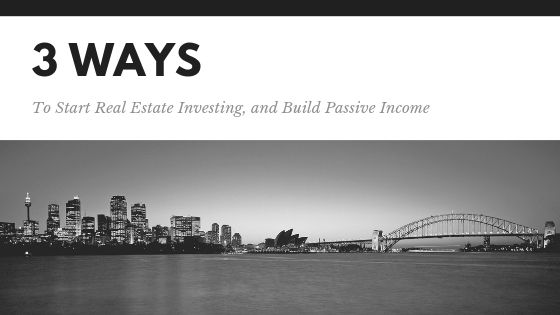Special to the Financial Independence Hub
Real estate has been an extensive career opportunity for quite some time now. People have successfully made a living out of buying and selling of properties and houses. If you ask anyone who has been in this field for a long time, they will tell you it is not an easy job. You need to have excellent communication and convincing skills to flourish in the real estate market. But the trick is not just selling.
You should also have the knowledge to assess and know when to buy so you can get maximum profits out of it. Many successful real estate agents have had numerous happy clients over the years. It’s probably a good idea to look at the set of skills they possessed to get an idea about how you should hone and develop your skill in investing in real estate.
Understand market conditions and risks
The market has many facets. It can be very stable at one time and volatile the next moment. However, if you look closely, it follows a trend. You should be able to analyze these trends so you can take advantage of all the uphills and downhills. There is no denying the fact that there is always an element of risk associated with real estate. However, since you have decided to enter the game, you might as well take some. In case it pays off, the profits may be much more than expected.
Discipline has been the most important skill
This applies to almost all career choices, and its implication in real estate is even more significant. Discipline and patience are two virtues that you definitely cannot do without. Once you embark on the path of discipline and follow up with your clients religiously, you will be able to track down and understand potential customers easily.
Network and Management skills
Since real estate is all about communication and buying and selling, one thing of paramount importance here is the kind of network that you have. A lot of marketing in real estate is based on word of mouth, and heavy networking will help to build a good reputation in the market. You should also be able to manage multiple properties at once. This is one strategy that most successful real estate agents apply. They deal with more than one home and keep stacking up their profits one after the other. You will have multiple avenues of income through this method. Continue Reading…






